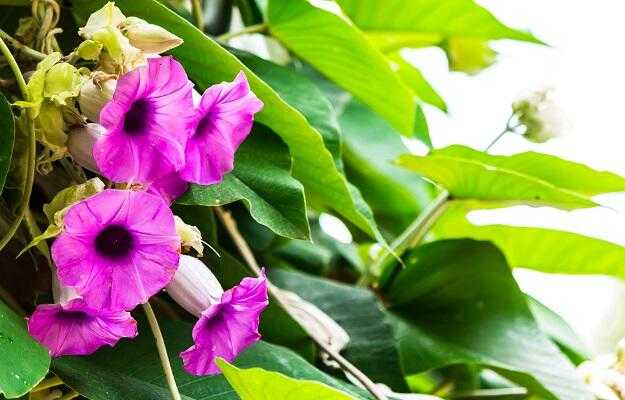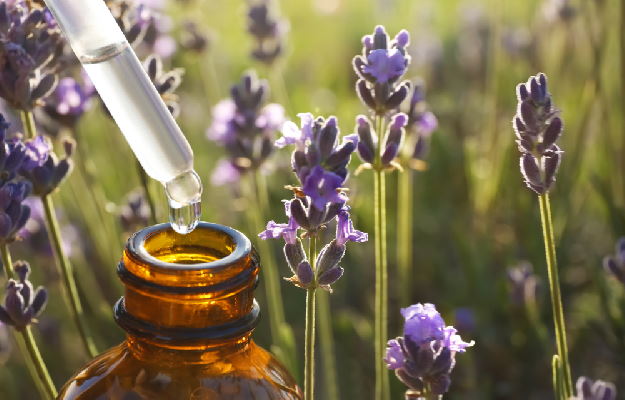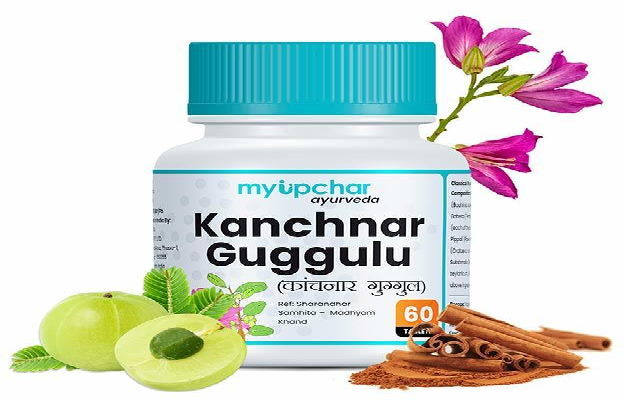Vridhadaru or Argyreia speciosa is a creeper plant that is widely found in the Indian subcontinent and in tropical regions around the world. The plant is used as an ornamental for its distinct purple flowers and is also consumed in some parts of India, especially Bihar and Assam, as a vegetable.
In the Ayurvedic system of medicine, vridhadaru is known as a rasayana or an adaptogen and is used for the treatment of various ailments ranging from neurological and rheumatic disorders to anorexia, diabetes and hypertension. Roots of this plant are used as a health-building tonic. In fact, vridhadaru is an important constituent of various ayurvedic formulations.
However, vridhadaru seeds contain a hallucinogenic compound called lysergamide (LSA) and consumption of these seeds may be fatal when taken in the wrong dosage. The herb is also taken as a contraceptive in certain parts of Rajasthan. It is always best to consult an experienced ayurvedic doctor before taking vridhadaru in any form.
Some facts about Vridhadaru:
- Botanical name: Argyreia speciosa, Arygyreia nervosa
- Family: Convolvulaceae
- Common names: Elephant creeper, Wooly morning glory, Hawaiian baby Woodrose, Silky elephant glory
- Hindi names: Samandar-ka-pat, Ghav-patta, Vidhara, Samundarsokha
- Sanskrit names: Samundrasosha, Antakotarapushpi, Vryddhadaraka or Vridha daraka, Chhagalanghhri
- Parts used: Seeds, leaves, roots and flowers
- Geographical distribution: Vridhadaru grows well in tropical and subtropical areas. It is native to India but is also cultivated in Central and South America, East Asia and the Caribbean. In India, vridhadaru is commonly found in the states of Orrisa, Bihar and Assam along with South India.















